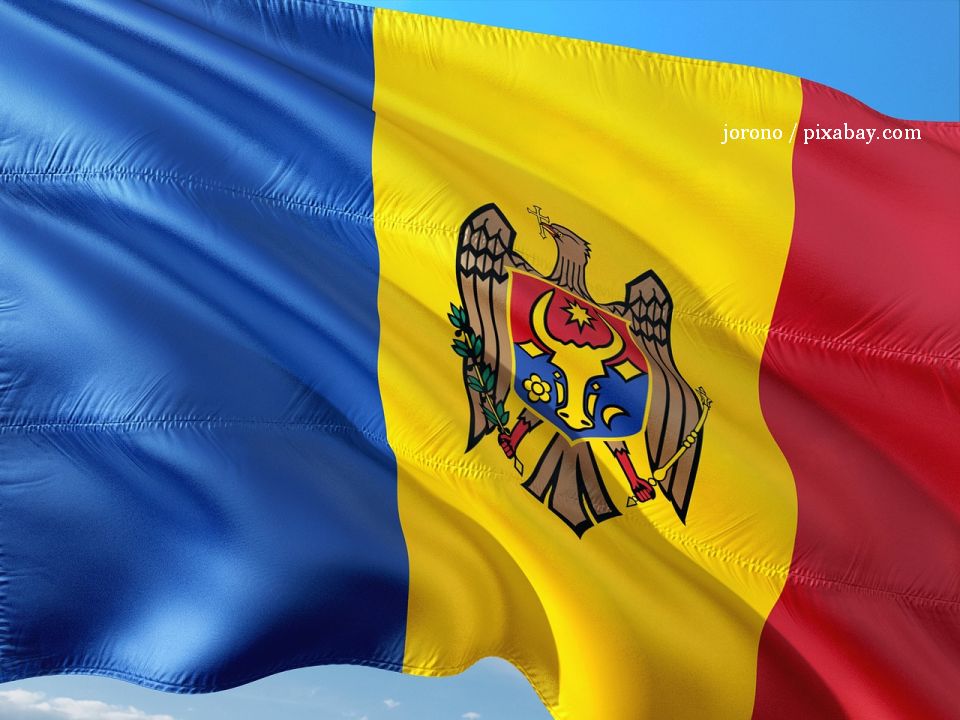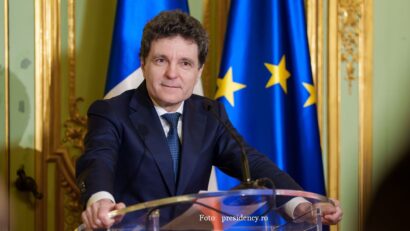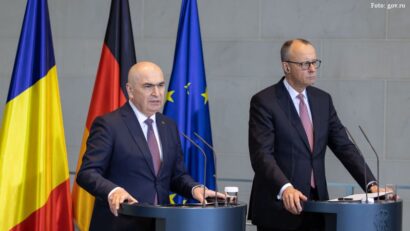A vote of capital importance for the Republic of Moldova
The Republic of Moldova is preparing for presidential elections and the referendum on EU accession.

Mihai Pelin, 14.10.2024, 13:50
In the predominantly Romanian-speaking Republic of Moldova, this Sunday will see presidential elections and a referendum on the country’s EU accession. According to Radio Chișinău, the current president, the pro-European Maia Sandu, is favorite in the polls, but the Republic of Moldova is facing a massive Russian disinformation campaign, seeking to keep the country away from Europe. US Secretary of State, Antony Blinken, recently warned that Moscow will try to manipulate the results of the presidential election and the referendum, also by means of the propaganda TV channel “Russia Today”, which is supposedly coordinating with Russian intelligence services. The United States haveimposed sanctions on several entities and individuals from Russia for interference in the elections in the Republic of Moldova. Those targeted are accused of orchestrating a campaign to buy votes and support for pro-Kremlin candidates. In addition, a few days ago the European Parliament also adopted a resolution supporting the Republic of Moldova in its fight against Russia’s interference in hijacking national democratic processes, in the context where EU accession negotiations with Moldova have started. According to media reports, the Moldovan Government estimates that Moscow redirected at least 100 mln EUR to the former Soviet republic, in order to influence the election and the pro-EU referendum on October 20.
Maia Sandu, a former World Bank official, was elected president in November 2020, riding the wave of popularity as an anti-corruption reformer with a pro-European program. She advocates a modest lifestyle, in stark contrast to politicians who have long dominated local politics. In a recent interview, the president said she shares a two-bedroom apartment with her mother, while her 2023 wealth statement listed her bank balance at 600 USD. In 2021, Maia Sandu’s pro-Western party, Action and Solidarity Party (PAS), scored a landslide victory in the parliamentary election, giving the party unprecedented power to implement reforms and push the country towards the West. Three years later, however, the Republic of Moldova remains mired in economic and political instability. The former Soviet republic was plunged into an energy crisis when Kremlin-controlled Gazprom cut gas supplies to Moldova by a third and demanded over twice the previous tariffs to keep the gas flowing, in what many saw as a political revenge on the part of Moscow for the pro-Western stance of president Maia Sandu. Then, Russia’s war against Ukraine pushed the Republic of Moldova into a broader financial crisis. Located just a few hours’ drive from Odesa, the Republic of Moldova has received the largest number of Ukrainian refugees per capita, a rough test for its healthcare system, public services and infrastructure. Inflation has gone up by as much as 40%, while trade with Moscow and Kyiv has fallen sharply. (VP)






























